Tijuana River National Estuarine Research Reserve
June 2020
eNewsletter
|
|
|
Tijuana Estuary Visitor Center & Border Field State Park Status During COVID-19
In an effort to protect public health and the safety of our visitors, volunteers, and staff as the state responded to the continued threat of COVID-19, California State Parks temporarily closed the Tijuana Estuary Visitor Center, parking lot, restrooms, trails leading to the visitor center, and Border Field State Park (BFSP). BFSP is closed to all activities including but not limited to hiking, biking, equestrian activity, and vehicles until further notice. State Parks is monitoring the situation closely and is following guidance provided by the
Governor's Office
via the
California Department of Public Health
, the
Centers for Disease Control and Prevention
, and the
Governor's Office of Emergency Services.
Trails from 5th & Iris and N. McCoy trail remain open from sunrise to sunset for activities such as walking, hiking, biking, and wildlife viewing.
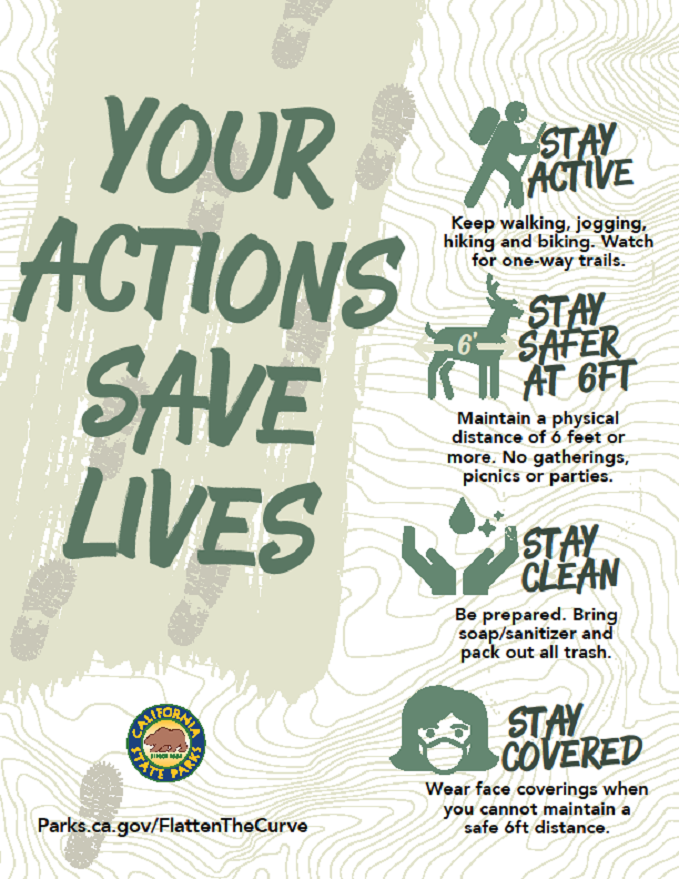 For those wishing to take a break in the outdoors, public health officials are advising them to walk, run, hike and bike in their local neighborhoods and walk to parks. Most importantly, the public is being asked not to congregate in the outdoors. Everyone has the responsibility to
Flatten the COVID-19 Curve at Parks by maintaining a social distance of 6 feet or more when recreating in the outdoors and staying home if they are sick. If visitors cannot maintain social distancing, they need to leave the park or beach.
We apologize for any inconvenience this may cause your visit. We thank you for your patience, trust, and continued support. We'd also like to thank our volunteers and staff for their commitment and dedication as public servants through these challenging circumstances. For the most up-to-date information, please check TRNERR's website.
|
|
NERRS Launch a Restoration Story Map
C
oastal wetlands and watersheds have been negatively affected by urban sprawl and the high demand for coastal development and exploitation.
One of the focuses of the National Estuarine Research Reserve System (NERRS) is to restore degraded habitats, helping them to recover and provide a healthy ecosystem for native and sensitive species.
A team of NERRS' Stewardship Coordinators and GIS staff, including Tijuana Estuary's own Monica Almeida, has developed a restoration story map to highlight and share the restoration science and lessons learned from reserve projects related to marshes, oysters, dune, and upland habitats. The story map also provides direct links to NERRS restoration reference data including water quality, water level, and habitat maps, as well as tools that leverage the data to produce 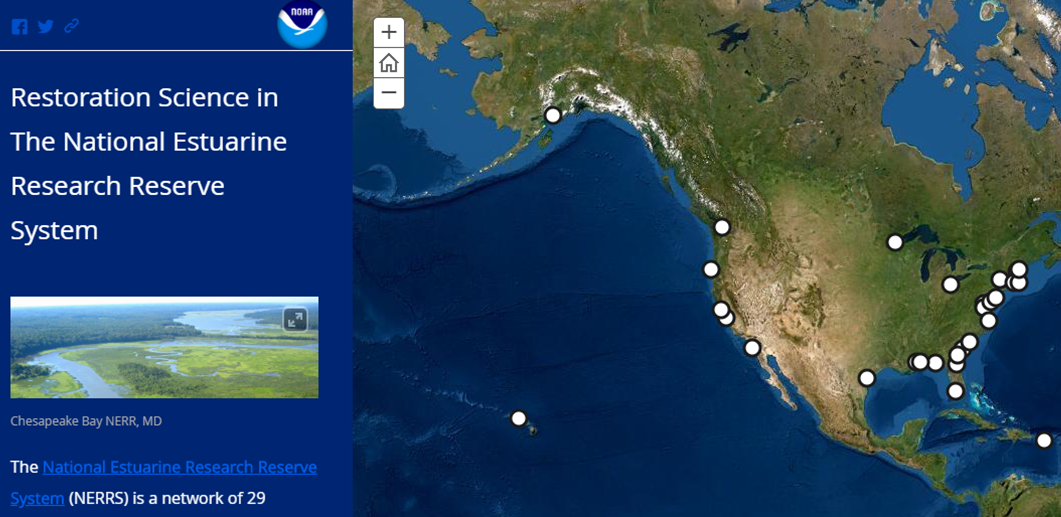 products such as the vulnerability of habitats to sea level rise. products such as the vulnerability of habitats to sea level rise.
Restoration practitioners are a key audience for our science and we hope that this story map will inspire them to become aware of the opportunities to restore, research, educate, and provide and receive training on restoration approaches. The story map will be updated with restoration examples from throughout the NERRS as they are implemented.
Check out the Restoration Story Map HERE.
|
|
TRNERR Featured on Pew Charitable Trusts' Website
 Tijuana Estuary is proud to be included in an article on the Pew Charitable Trusts' website on how the National Estuarine Research Reserves educators have responded to folks sheltering at home by offering a variety of virtual alternatives. Tijuana Estuary is proud to be included in an article on the Pew Charitable Trusts' website on how the National Estuarine Research Reserves educators have responded to folks sheltering at home by offering a variety of virtual alternatives.
Tijuana Estuary reached 957 students from March through May with Home Learning Programs and Virtual Field Trips.
|
|
Species Spotlight
Have you seen the red-winged blackbirds (RWBB) at the Tijuana Estuary? They are hard to miss if you regularly walk along the River Mouth trail from the 5th & Iris St. entrance in the spring and summer.
The males are shiny black and have a red shoulder patch bordered in yellow. The females are brown and heavily streaked with a slight yellow wash around the bill. Every spring, smaller numbers of RWBB come to roost in the wetlands where they breed. During the breeding season, it is easy to see the displaying males perching high over their territories spreading their wings and puffing up their red shoulder patches while 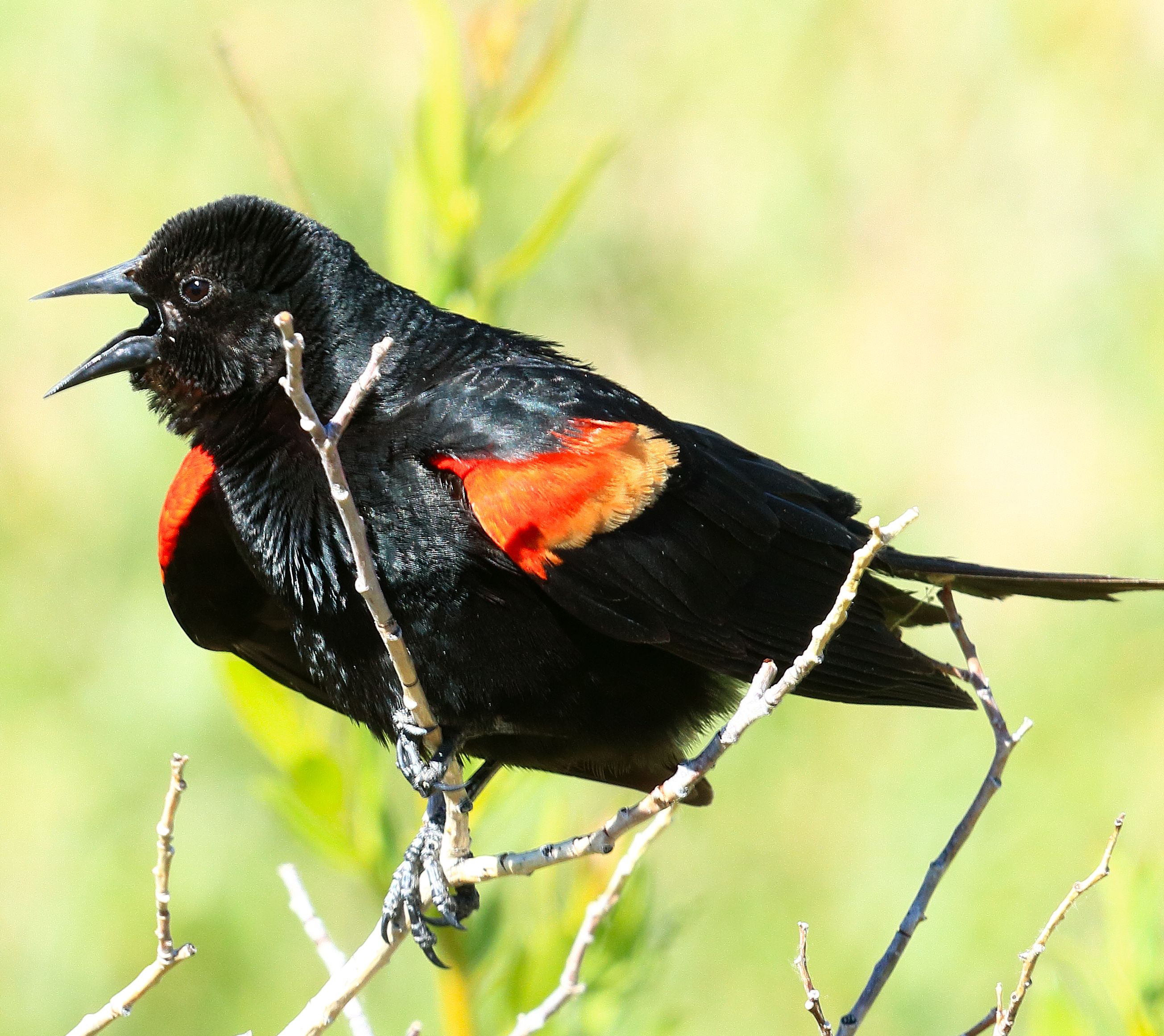 singing their hearts out. The song sounds like"conk-la-le" and is piercingly loud! Unlike the 90% of bird species who are monogamous (a pair bonded for one nesting, an entire season, or for life) RWBB are a highly polygynous species. That means that the males have many female mates. singing their hearts out. The song sounds like"conk-la-le" and is piercingly loud! Unlike the 90% of bird species who are monogamous (a pair bonded for one nesting, an entire season, or for life) RWBB are a highly polygynous species. That means that the males have many female mates.
It's the female who chooses the nest site and builds the nest low in the dense freshwater marsh vegetation. She will lay between
2-4 pale blue-green eggs with brown markings. RWBB babies are born altricial which means they are born blind, naked, uncoordinated and entirely dependent on their parents. RWBB become strong agile fliers and live to be around 15 years old.
Photo courtesy of Marc Arndt
|
|
Tijuana Estuary's YouTube Channel Gets a Face Lift
Most folks may not even know that Tijuana Estuary has a YouTube channel, and that's no surprise because we haven't had much content for it up until recently. With more of our programming becoming virtual, Tijuana Estuary has produced a number of videos through its weekly
Lunchtime Live program on Facebook as well as videos made by staff on a variety of subjects.These videos are now available on
Tijuana Estuary's YouTube Channel. We are slowly adding captions to all videos on both YouTube and Facebook as to be more accessible to broader audience.

Please visit our YouTube channel, and if you're an avid YouTube user, please subscribe.
|
|
NOAA Live! 4 Kids
March 16 - June 12th
The National Oceanic and Atmospheric Administration (NOAA) is offering LIVE webinars so that kids can get a sneak peak at what scientists do in all the various NOAA offices across the country! Students in grades 2nd-8th can connect with scientists and ask questions in real-time through a moderator. This program started in late March but is running through June 12th so there's still time to catch some live programs. Past program recordings are also available.
Learn more about topics and dates
HERE.
|
|
| |
|
| FREE Bird & Nature Walks |
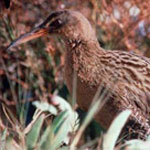 |
Bird Walks: (cancelled until further notice)
1st, 3rd, & 5th Sundays of the Month at 10:00 a.m.
Nature Walks:
2nd & 4th Saturdays of the Month at 11:00 a.m.
|
| Save-the-Date |
|
Lunchtime Live
Every Tuesday
12:00-12:30pm
|
| TRNERR Cooperating Associations |
|
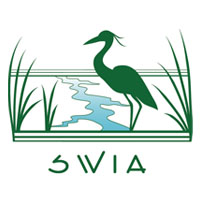
|
|
|